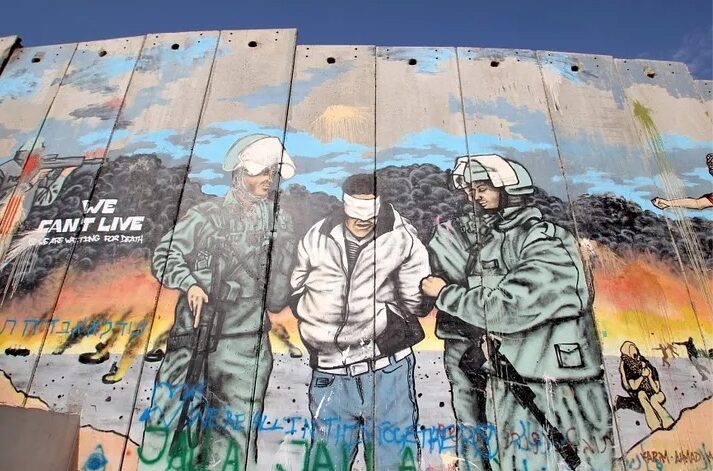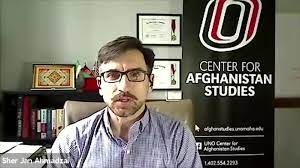Why does Trump claim he can end the war in Ukraine in ten minutes?
Many assumptions can be made, and they all are just hypotheses. Let’s assume that Russia, China, and most of the BRICS countries present an alternative hegemonic ruling élite to the one that dominated the West in the last century or so. For a long time, the Euro-Atlantic elite (or oligarchy) believed it could maintain global dominance by co-opting leaders from emerging countries. These leaders were flattered to enter the Euro-Atlantic dominating elite, no matter if they were in a lower rank. The open-minded Western elite invited the Third World elite to study in the best Western universities, where ruling classes were educated and the chosen patched together. Until the eighties, in Western perception, the Third World was all the rest of the world except for the Communist countries, which were considered underdeveloped nonetheless.
However, this approach has faced several challenges in the last thirty years. First, the Western elite has shown signs of stagnation and a severe loss of dynamism. Second, the existing social-economic model has become overripe and has yet to be substantially transformed by new technologies. Third, there is a size crisis, when organizations become challenging to control beyond a certain threshold because of decreasing return to scale. Fourth, the new non-Euro-Atlantic elite can challenge the traditional Western oligarchy on the same technological and industrial ground. In a word, the Western world has grown old, very old.
As a result, the once-united Western oligarchy shows some cracks. The competition brought by China, Russia, and other regions has further accelerated this crisis. Instead of succumbing to Western hegemony, these alternative oligarchies seek to establish themselves as competitors.
At its peak, the Western oligarchy believed it could expand its influence globally by co-opting members outside its traditional sphere. However, this endeavor has failed, leading to internal divisions within the Western elite. Some Eastern and Southern oligarchs, including those who initially aligned with the West, now doubt whether they have chosen the winning side and are seeking support from other governments to secure their power. Western citizenship is hard to control. It is divided, as one can expect, due to people’s poor expectations and low growth rates.
Countries such as China, Russia, Iran, Turkey, and various Arab nations offer more guarantees and are gaining influence compared to Western governments. Moreover, the myth and reality of Western superiority have fallen. New national pride and identity have matured in the once-dispised Third World.
Leaders like Trump represent a faction of the Western oligarchy that has challenged the same establishment in which they were born. They align themselves with those opposing the long-standing transnational Western lobby that aspired to extend their dominance globally.
It is worth noting that Western governments ruled by this oligarchy are finding it increasingly difficult to articulate coherent policies and govern their restive populations. Consequently, alternative oligarchies, mostly leaning towards the right or appearing as such, are gaining traction in the West and present themselves as viable alternatives. So, even in the West, there is political space for expressing alternative elites. They are primarily right-wing or appear right-wing, but they are just alternative and anti-conservative. Uprooting entrenched power will be difficult and may not be a quick process. But the conflict has begun and is becoming increasingly bitter, to the point of possible bloody wars.



